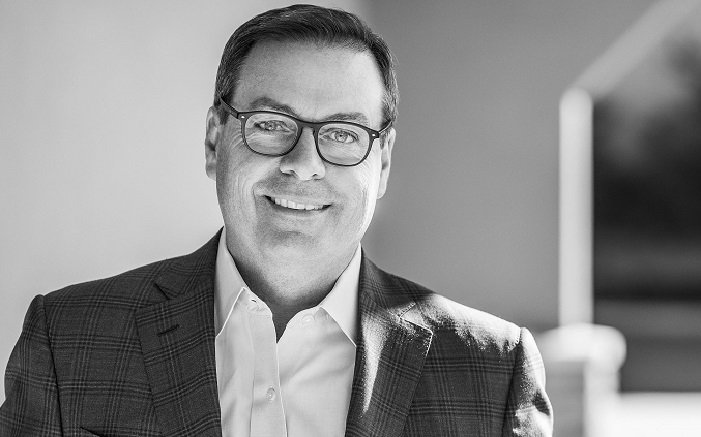Church of the Highlands Exposed: A Comprehensive Guide

However, like many large organizations, it has also faced its share of controversies and criticisms. This blog post aims to delve into these issues, providing a balanced view of the allegations and the church’s responses.
The Rise of Church of the Highlands
Founded in 2001 by Pastor Chris Hodges in Birmingham, Alabama, Church of the Highlands has grown exponentially. It boasts multiple campuses across the state, a substantial online presence, and a significant influence in the evangelical community. Known for its contemporary worship services and community outreach programs, the church has become a model for other megachurches.
Financial Mismanagement
One of the primary criticisms leveled against Church of the Highlands is related to financial transparency and management.
1. Lack of Transparency
- Limited Disclosure: Critics argue that the church does not provide enough financial transparency to its members and the public. Unlike some other nonprofit organizations, Church of the Highlands has been accused of not making detailed financial reports readily available.
- High Salaries: There have been claims that church leaders receive disproportionately high salaries and benefits, raising questions about the allocation of donations and tithes.
2. Property Investments
- Expensive Properties: The church has made significant investments in real estate, including purchasing and renovating properties for new campuses. Some see this as a strategic expansion, while others criticize it as an inappropriate use of funds that could otherwise go towards charitable work.
Leadership Controversies
Pastor Chris Hodges, the founding pastor, has faced personal and professional scrutiny.
1. Social Media Activity
- Controversial Likes: In 2020, Pastor Hodges was criticized for liking social media posts that were deemed racially insensitive. This led to a broader conversation about the church’s stance on racial issues and its commitment to diversity and inclusion.
- Apology and Reconciliation: Hodges issued a public apology, and the church initiated efforts to address concerns about racial sensitivity and inclusion within its congregation and leadership.
2. Leadership Style
- Authoritarian Approach: Some former members and staff have described Hodges’ leadership style as authoritarian, suggesting that dissenting voices are often marginalized or silenced. This has led to a perception of a lack of accountability and openness within the church’s governance.
Social and Political Stances
The Church of the Highlands has also faced criticism for its social and political stances, which some argue are out of step with broader societal values.
1. LGBTQ+ Issues
- Traditional Views: The church holds traditional evangelical views on LGBTQ+ issues, which has led to accusations of being unwelcoming or discriminatory towards LGBTQ+ individuals. This stance has been a point of contention both within and outside the church community.
- Support Services: In response to criticism, the church has emphasized its support services for individuals struggling with their sexual orientation, although these efforts have been met with mixed reactions.
2. Political Involvement
- Political Neutrality: While officially non-partisan, the church and its leaders have been perceived as aligning with conservative political agendas. This perceived partisanship has alienated some members who feel that the church should remain politically neutral.
Church’s Response and Reforms
In response to the various criticisms, Church of the Highlands has taken several steps to address the concerns.
1. Enhanced Transparency
- Financial Reporting: The church has committed to improving financial transparency by providing more detailed financial reports to its members.
- External Audits: They have also initiated external audits to ensure accountability and proper management of funds.
2. Diversity and Inclusion Efforts
- Diversity Training: The church has implemented diversity training programs for its staff and leadership to promote a more inclusive environment.
- Community Engagement: Efforts have been made to engage more deeply with diverse communities and address racial sensitivities.
3. Governance Reforms
- Advisory Boards: The introduction of advisory boards has been aimed at increasing accountability and providing a platform for diverse voices within the church’s decision-making process.
Conclusion
Church of the Highlands, like many large organizations, faces a complex array of challenges and criticisms. While it has achieved significant growth and has had a positive impact on many lives, it is also grappling with issues related to financial transparency, leadership practices, and social stances. The church’s ongoing efforts to address these concerns demonstrate a willingness to evolve and respond to its critics. As with any institution, the journey towards improvement is continuous, and only time will tell how these efforts will reshape the church’s future.





